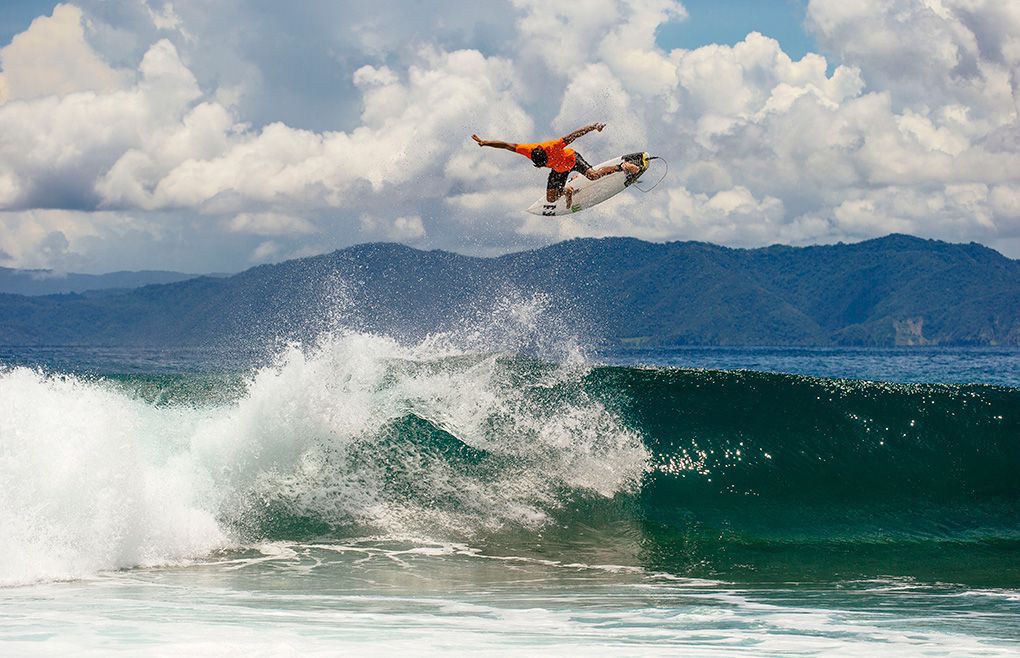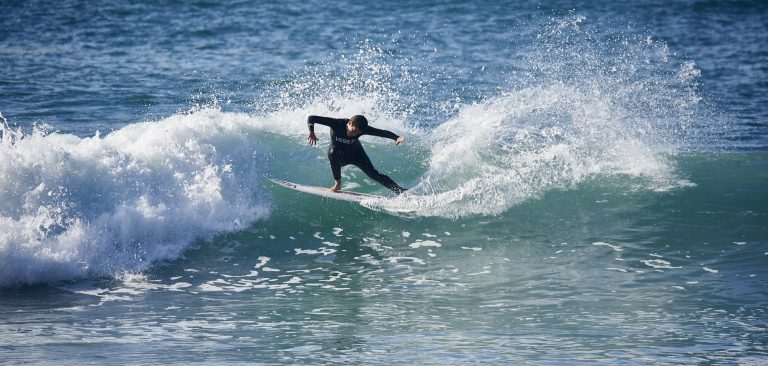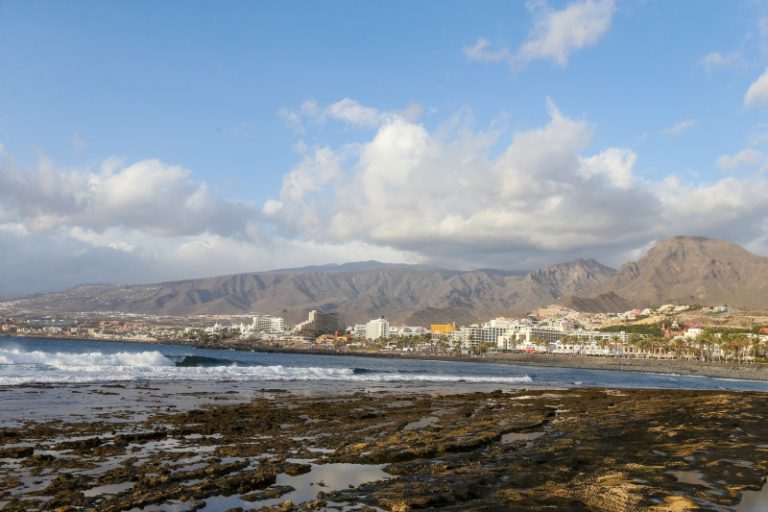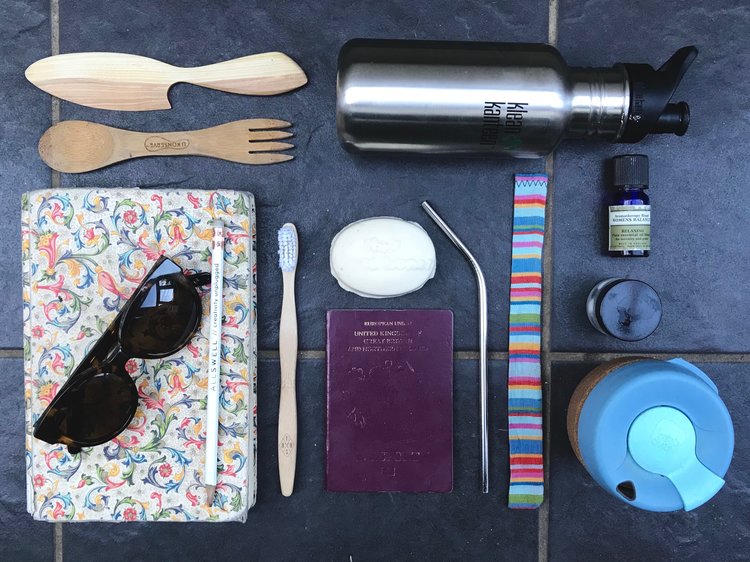Surfing and Great Britain go way back. It was Captain James Cook who was the first European to report on the art of Hawaiian surfing back in the 18th Century. In 1920, Prince Edward, later King Edward VIII, was pictured ruling the rollers of Waikiki. And in 1930s the legendary Tom Blake sent a 14-foot gun from Hawaii to a Birmingham dentist called Jimmy Dix as a gift to the people of the United Kingdom. In 1970 Lord Ted Deerhurst also gave surfing its best description of Waimea when he described surfing the break as “like jumping off a three-storey house and then having the house chase you down the street.” In all that time there have been a lot of Great British surfers. Most have been shithouse, but these six were actually quite good.

Martin Potter
Okay Martin Potter is about as English as Shane Warne, but he gets a start courtesy of being born in Cornwall (his English parents moved to Durban when Pottz was just two) and the confusing little Union Jack that flashed up on TV whenever Potter surfed in competition. It was under this flag that Potter claimed his World Title in 1989, though in reality he had spent very little time in the country of his birth, apart from at events such as the Newquay Surf Masters, which he won in 1987. Still, heritage counts for something, and if we are talking about the best surfers born on British soil, no one else comes close to Pottz. The less we talk about his commentary the better.
Carwyn Williams
The ‘Man from Mumbles’ won the European Professional Surfing Association (EPSA) tour in 1985 and 1986, and reached a career-high top 30 WSL ranking in 1989. This was the year that the Welshman also starred in the classic Quiksilver film All Down The Line, his epic year capped with another European Title. Since then Williams has been based in Hossegor, employed in various official and unofficial roles in the surf industry, whilst running a raucous surf hostel where many pros have done their European tour apprenticeships, lost their virginity and much, much more that we can’t divulge for legal reasons.










